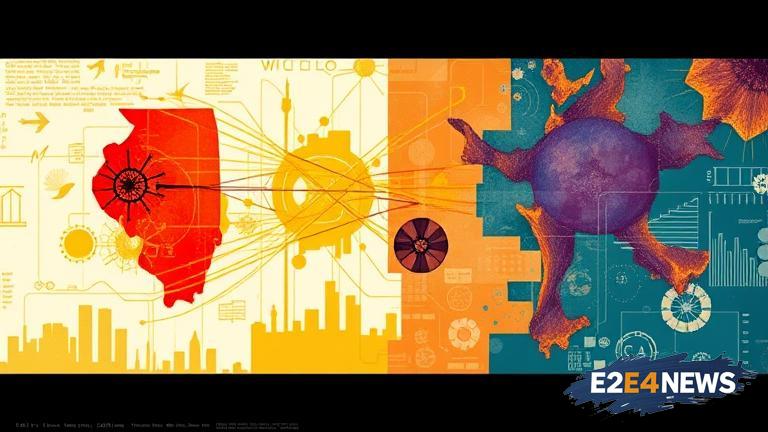In a groundbreaking move, the state of Illinois has introduced regulations limiting the use of artificial intelligence in therapy sessions. This decision has sent shockwaves throughout the mental health community, with some hailing it as a necessary step to ensure patient safety and others criticizing it as an overreach of government authority. The new regulations, which came into effect on August 1, 2025, prohibit the use of AI-powered chatbots and virtual assistants in therapy sessions, citing concerns over the lack of human empathy and understanding in these systems. Proponents of the regulations argue that AI systems, no matter how advanced, cannot replicate the nuances of human interaction and may even exacerbate existing mental health issues. On the other hand, critics argue that AI-powered therapy can increase access to mental health services, particularly in rural or underserved areas where human therapists may be scarce. The Illinois state government has stated that the regulations are intended to protect patients from potential harm and ensure that they receive the highest quality care. However, some experts have raised concerns that the regulations may stifle innovation and limit the potential benefits of AI in mental health treatment. The use of AI in therapy has been gaining traction in recent years, with many startups and companies developing AI-powered chatbots and virtual assistants to provide mental health support. While these systems have shown promise in certain areas, such as anxiety and depression, they are not without their limitations. For example, AI systems may struggle to understand the complexities of human emotions and may not be able to provide the same level of empathy and understanding as a human therapist. Furthermore, there are concerns over the potential biases and errors in AI systems, which could lead to misdiagnosis or ineffective treatment. Despite these concerns, many experts believe that AI has the potential to revolutionize the field of mental health, particularly in areas such as diagnosis and treatment planning. The use of AI in mental health treatment is not without precedent, with many studies demonstrating the effectiveness of AI-powered systems in reducing symptoms of anxiety and depression. However, the Illinois regulations highlight the need for careful consideration and oversight of these systems to ensure that they are used safely and effectively. The regulations have also sparked debate over the role of government in regulating the use of AI in healthcare. While some argue that government oversight is necessary to protect patients, others believe that it may stifle innovation and limit the potential benefits of AI. The Illinois regulations are likely to have far-reaching implications for the mental health community, both within the state and nationally. As the use of AI in healthcare continues to grow, it is likely that other states will follow Illinois’ lead and introduce similar regulations. The regulations have also highlighted the need for further research into the effectiveness and safety of AI-powered therapy systems. Many experts believe that more studies are needed to fully understand the potential benefits and limitations of these systems and to develop guidelines for their safe and effective use. In conclusion, the Illinois regulations on AI-powered therapy mark a significant turning point in the debate over the role of artificial intelligence in mental health treatment. While the regulations have sparked controversy, they highlight the need for careful consideration and oversight of these systems to ensure that they are used safely and effectively. As the use of AI in healthcare continues to grow, it is likely that we will see more regulations and guidelines introduced to govern the use of these systems. Ultimately, the goal of these regulations should be to ensure that patients receive the highest quality care, while also promoting innovation and progress in the field of mental health.
